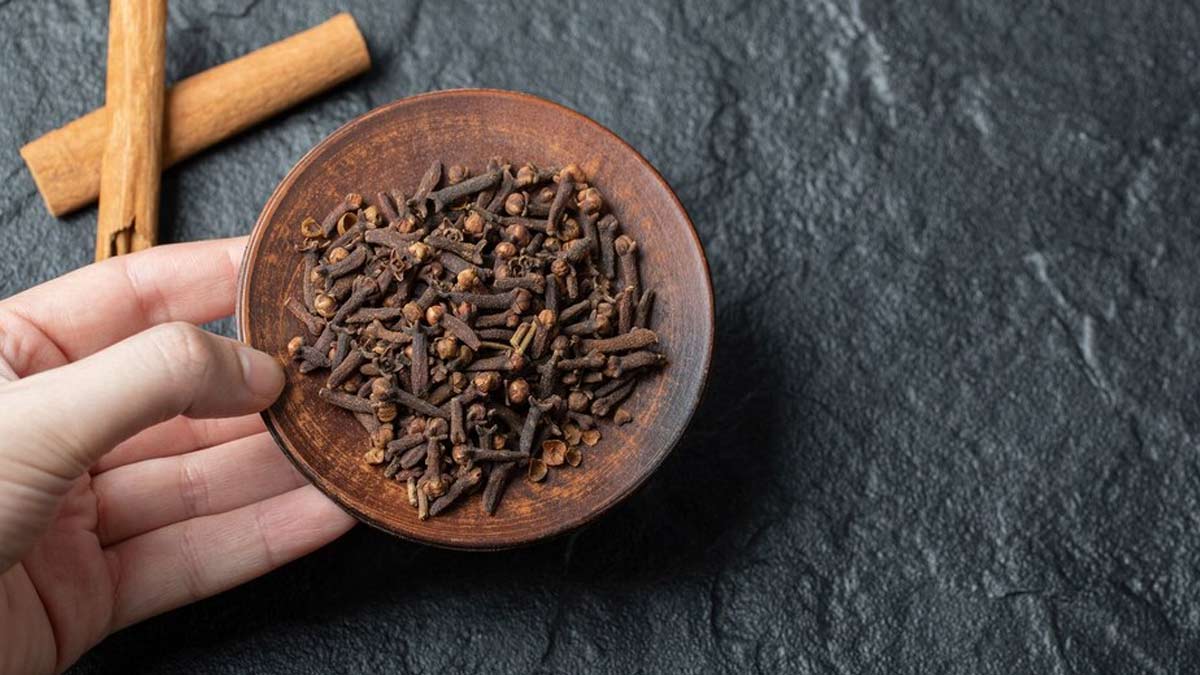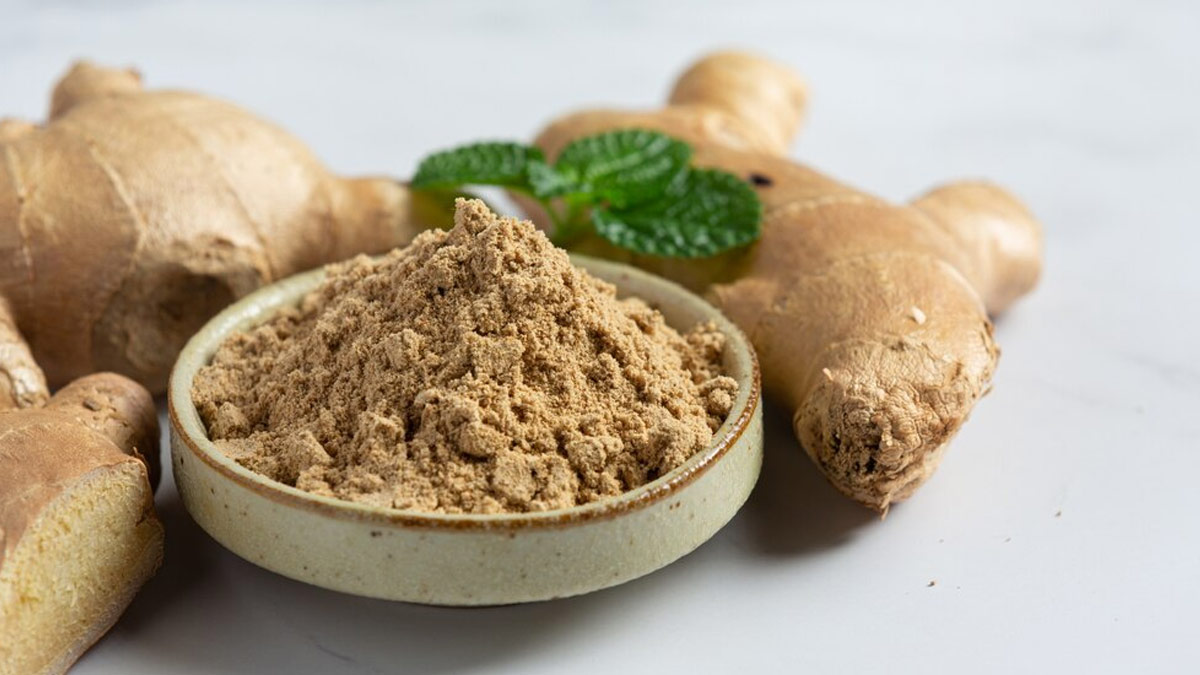
Coughs, whether caused by colds, allergies, or respiratory infections, can be quite bothersome. It can hinder your daily activities and also disrupt your sleep, eventually leaving you feeling fatigue. However, with the medicinal properties of clove, you can alleviate the symptoms of cough. Its anti-inflammatory, antibacterial, and soothing properties make it a valuable addition to your cough relief measures.
Table of Content:-
Benefits of Clove for Cough

Clove contains compounds that may help soothe cough and respiratory discomfort. Here are some of the potential benefits of using clove for treating a cough:
- Anti-Inflammatory Properties: Clove is known for its anti-inflammatory properties. It may help reduce inflammation in the airways, which can contribute to coughing and discomfort.
- Antibacterial and Antiviral Effects: Clove possesses antibacterial and antiviral properties that can combat the underlying causes of respiratory infections, potentially providing relief from coughing fits.
- Expectorant Qualities: Clove can act as an expectorant, helping to thin mucus and make it easier to expel. This can be particularly helpful for those with phlegmy coughs.
- Natural Cough Suppressant: Clove may act as a natural cough suppressant, calming the cough reflex and allowing for better sleep and daily comfort.
Also Read: Nurturing Comfort: Effective Home Remedies To Cure Your Child's Cough And Cold
How to Use Clove for Treating Cough
Clove Tea

Clove tea is a simple and effective way to enjoy the benefits of clove for cough relief.
- Start by boiling a cup of water.
- Add 1-2 cloves (whole or powdered) to the boiling water.
- Let it steep for 5-10 minutes.
- Strain and sip the warm tea.
- You can add honey or lemon for added flavour and soothing effects.
Clove Oil Inhalation
Clove oil can be inhaled to relieve cough and congestion. According to the Multidisciplinary Digital Publishing Institute (MDPI), clove oil serves as an effective expectorant in the treatment of respiratory conditions like colds, bronchitis, coughs, asthma, and upper respiratory ailments.
- Heat a pot of water until it boils.
- Add a few drops of clove essential oil to the hot water.
- Place your face over the pot (carefully, to avoid burns) and inhale the steam. This can help open up the airways and ease coughing.
Clove-Infused Honey
Clove-infused honey is another effective remedy. Follow these steps:
- Mash a couple of cloves and mix them with honey.
- Let the blend rest for several hours or overnight.
- Take a spoonful of the infused honey as needed to soothe your cough.
Also Read: Do Not Ignore Persistent Cough, It May Be A Sign Of Lung Cancer

Clove and Ginger Paste
Ginger is also known for its cough-relieving properties. Make a paste by blending ginger and cloves, and consume a small amount as needed. This paste can help reduce irritation and inflammation in the throat.
Precautions and Considerations
While clove can be a helpful natural remedy for cough, it's important to use it with care and consider the following:
- Dosage: Don't overuse clove, as excessive consumption may lead to stomach discomfort or other adverse effects.
- Allergies: Some individuals may be allergic to clove. If you're trying clove for the first time, start with a small amount and monitor for any adverse reactions.
- Children and Pregnant Women: It's essential to consult a healthcare professional before giving clove remedies to children or pregnant women.
- Medication Interactions: If you're taking medications or have underlying health conditions, talk to your healthcare provider before using clove as a remedy, as it may interact with certain medications.
- Persistent Cough: While clove can provide relief for occasional coughs if you have a persistent or severe cough, it's important to consult a healthcare professional to rule out underlying health issues.
[Disclaimer: This article contains information for informational purposes only, hence, we advise you to consult your expert if the cough persists for a long time.]
Also watch this video
How we keep this article up to date:
We work with experts and keep a close eye on the latest in health and wellness. Whenever there is a new research or helpful information, we update our articles with accurate and useful advice.
Current Version